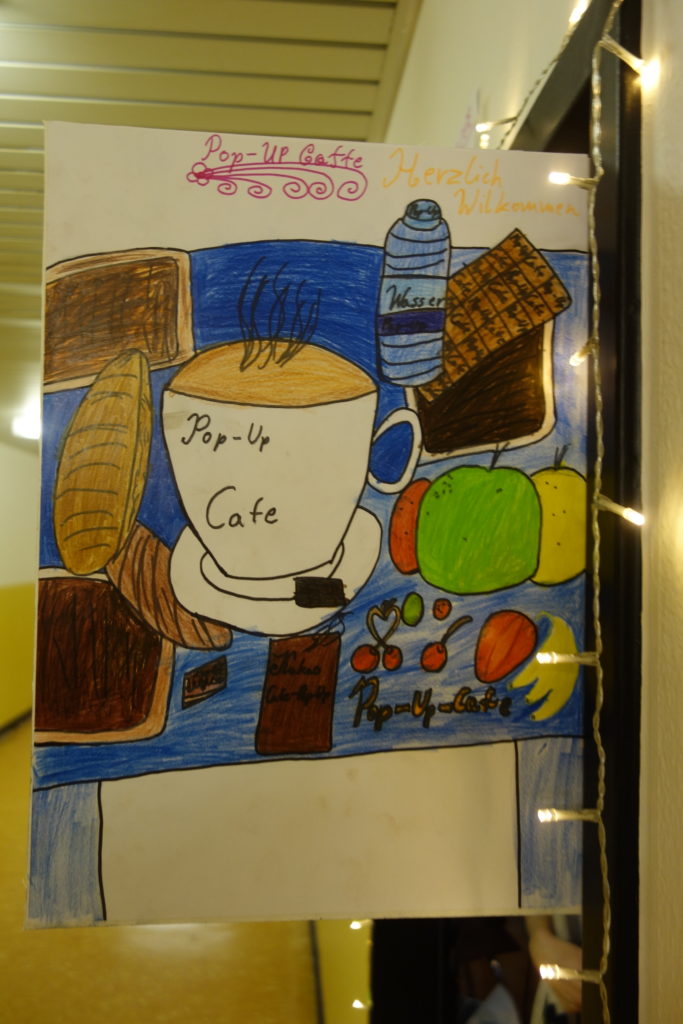Two months of school development through art
What do you do if a school no longer works? When classes can hardly be taught anymore, teachers are frustrated, parents are dissatisfied and the atmosphere is tense? When students complain that they hardly learn anything, that they don’t feel they have a voice and that attacks are the order of the day? And if a great deal of the lessons are canceled due to illness?
sideviews was invited to set up an interdisciplinary project in order to intercept the substitution classes and to react flexibly in organizational terms to the constant changes. A large temporary workshop was opened over two months, accommodating different classes daily. The elementary school children examined their school culture by means of a variety of artistic methods. Seven artists from sideviews accompanied them, offering workshops as part of an open laboratory: theatrical improvisation, film, documentation, boxing, songwriting, rap, stage and costume design, model building, participatory spatial development, performance, fine arts, photography and dance choreography.
Themes were elaborated and further developed according to the needs of the children, beginning with the establishment of rules and a culture of discussion, through the exploration of sensitive points in everyday school life, to the development of a culture of communication and welcome. Eventually, common project goals were developed by means of discussions, interviews, performances, invitations and performative elements.
Participation, self-efficacy training and daily practice of empathy and a culture of debate promoted a democratic understanding in order to initiate changes step by step. The themes distilled pervaded all workshops in that they could then be processed on an artistic level and made tangible. Processes were continuously documented and made visible to the school public. The students were supported in small groups and were able to create a vision of their school based on their interests and needs. They dealt playfully and artistically with their culture of welcome. With possible uses and reinterpretations of classrooms. With rules, techniques and concentration through boxing. With their different languages. With self-presentation, improvisation, songwriting and poetry. With theatre scenes about everyday school life, as well as their presentation and evaluation. With dance and movement work as an artistic intervention and with rap.
The result was a pop-up café that also served as an “open house for artistic presentations”. Even pupils not involved in the project were able to show on stage what they could do. The café was set up in such a way that it could continue to be self-organized.











